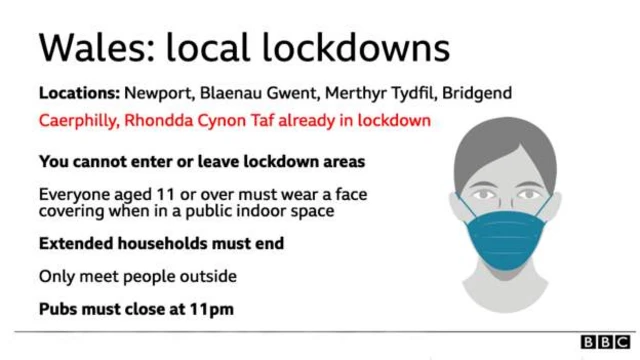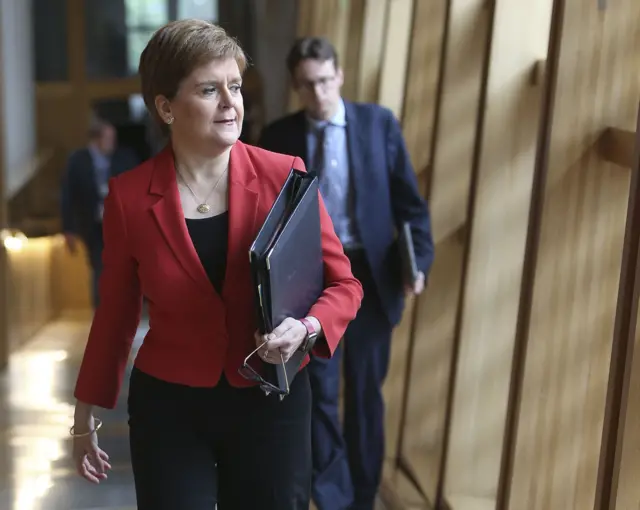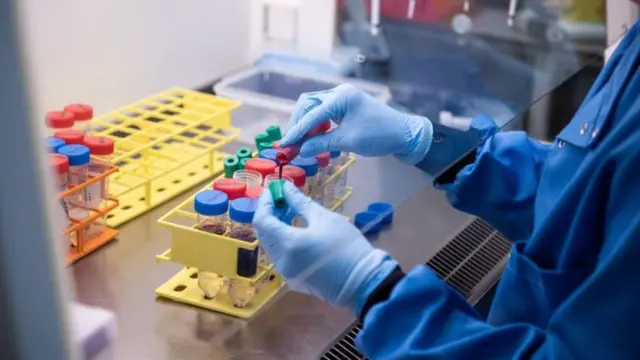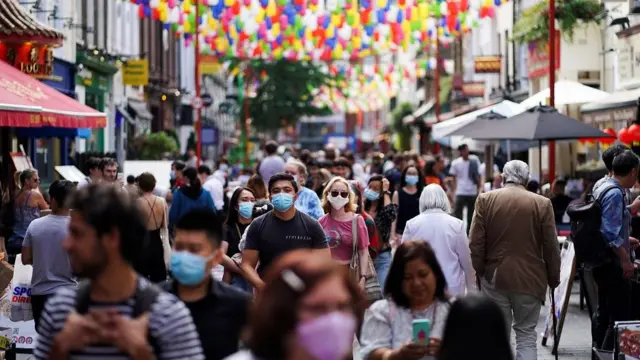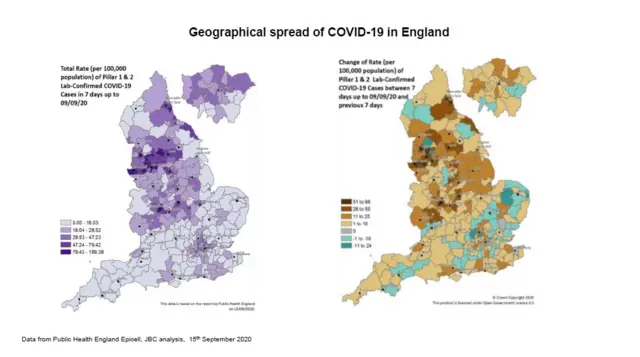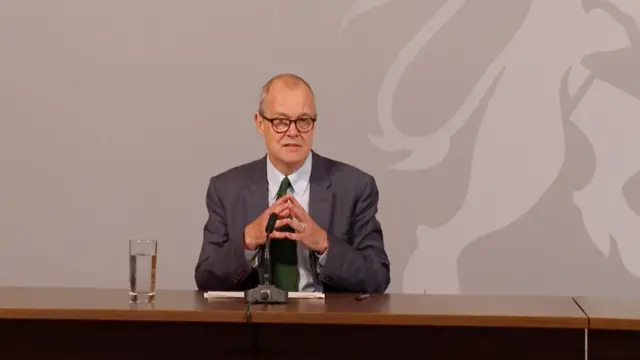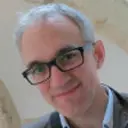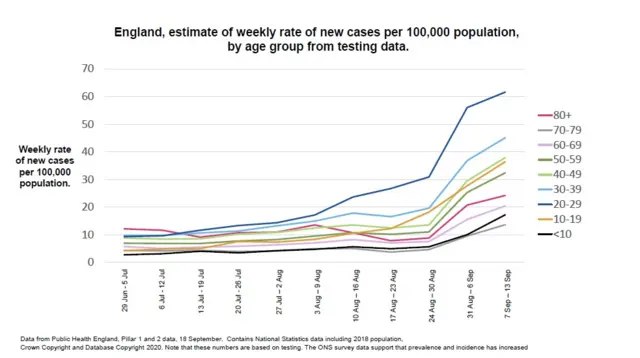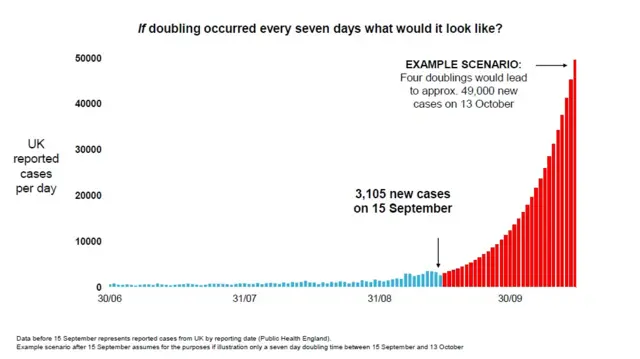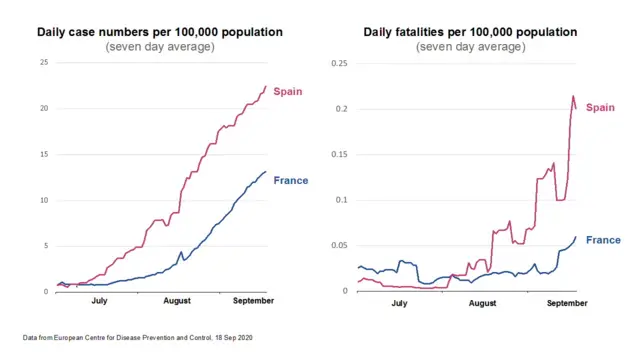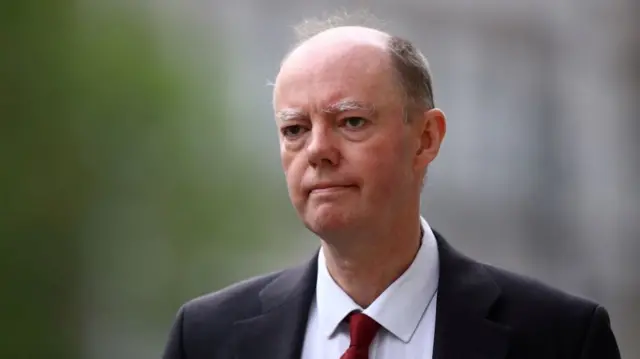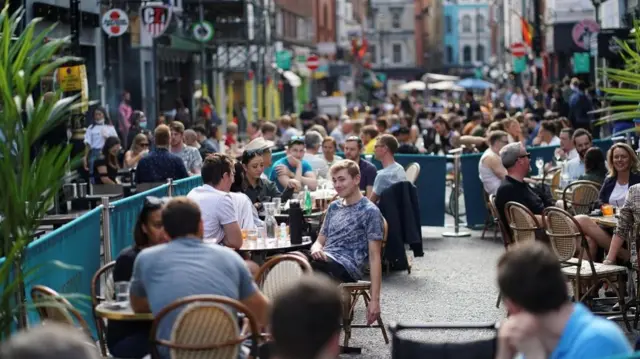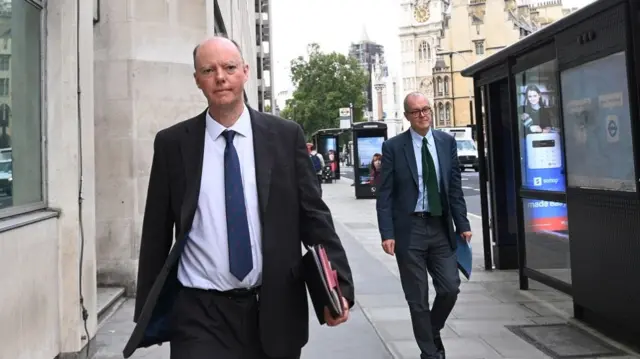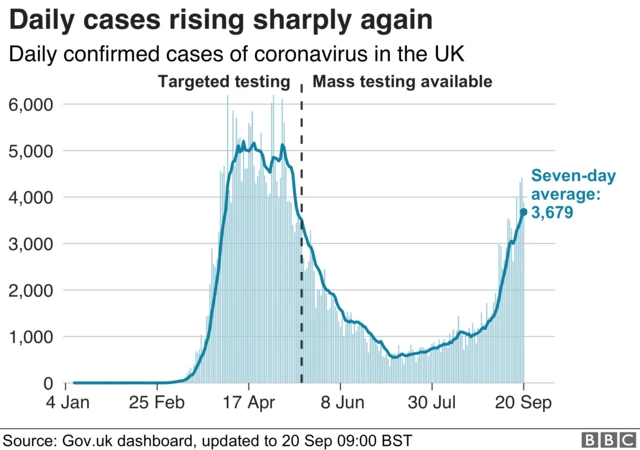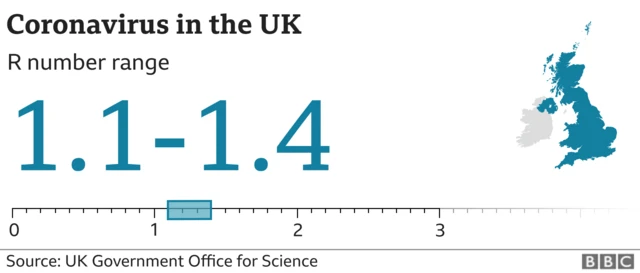'Difficult but necessary' decision on Welsh restrictionspublished at 12:49 BST 21 September 2020
Merthyr Tydfil, Bridgend, Blaenau Gwent and Newport will have the same restrictions as Rhondda Cynon Taf.
People will not be able to enter or leave the areas concerned without a reasonable excuse, including to work if you cannot do so from home.
Licensed premises like pubs will need to shut by 23:00 every night, with that rule also extended to Caerphilly.
Health Minister Vaughan Gething said some of the outbreaks could be traced back to a large employer, pubs and a house party which had taken place in August in Newport.
"Initially most cases were in younger age groups but we are now seeing infections in all age groups," he said.
Mr Gething said the government had made the "difficult but necessary decision" to protect people's health.
